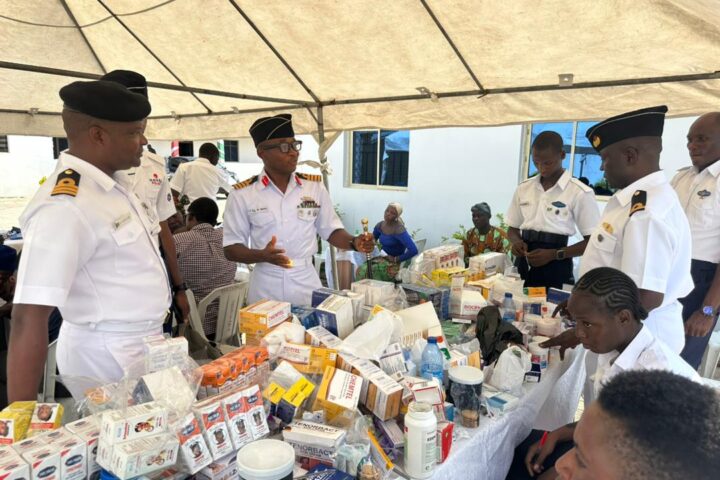Antimicrobial resistance (AMR) now kills more people in sub-Saharan Africa than HIV/AIDS and malaria combined,the World Health Organization (WHO) has revealed.
Its Regional Director for Africa, Dr. Mohamed Janabi,who disclosed this in his message marking the 2025 World Antimicrobial Resistance Awareness Week (WAAW), lamented that the development threatens decades of global health progress.
He said: “Antimicrobial Resistance is silently undermining decades of health progress. Medicines that once cured infections no longer work. AMR is everyone’s business,” Janabi warned.
“Doing nothing is not an option. AMR is here, and we must act now.”
According to him, tye alarming statistics showing the continent bears the highest burden of drug-resistant infections
He said 1.27 million deaths globally in 2019 were directly caused by AMRwith sub-Saharan Africa recording the highest mortality.
Major killers include Streptococcus pneumoniae, Klebsiella pneumoniae, E. coli, and Staphylococcus aureus, each responsible for more than 100,000 AMR-linked deaths.
In 2021 alone, he stated that an estimated 1.14 million AMR-related deaths occurred globally, again with Africa worst affected.
“This is not a far-off crisis; it is here now and causing significant morbidity and mortality in our region,” Janabi stressed.
According to him, the inappropriate use of antibiotics in humans and animals, poor water and sanitation systems, and limited diagnostic capacity are accelerating the spread of resistant infections across Africa’s 47 Member States.
He emphasized that education and awareness must underpin all AMR response efforts:
He said:“Understanding AMR is key to catalyzing positive behaviour change. Addressing the misuse of antimicrobials begins with strong education.”
He highlighted ongoing efforts by African governments, supported by WHO and quadripartite partners (FAO, UNEP, WOAH, Africa CDC and AU-IBAR),including the fact that all 47 African countries now have multisectoral National Action Plans on AMR.
He said, twenty countries (53%) are using WHO’s Global Antimicrobial Resistance and Use Surveillance System (GLASS), while thirty two (68%) are implementing interventions to promote responsible antimicrobial use in communities and health facilities.
Over 220 officials from 20 countries have received leadership training to strengthen AMR governance and coordination, he said.
“These gains show the power of accurate data, national commitment and cross-sector collaboration,” Janabi said.
He warned that AMR is not just a medical problem but a multisectoral threat affecting agriculture, food security, economic development and the environment.
He added:“Together, through One Health action, innovation and accountability, we can mitigate this silent pandemic and secure a healthier, safer future for Africa and the world.”




















